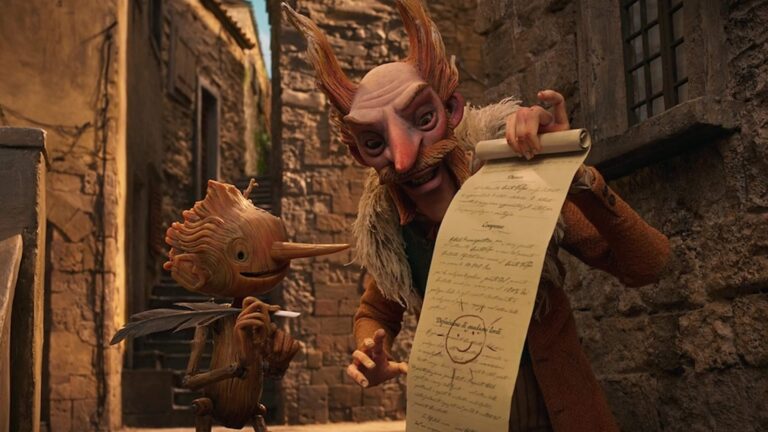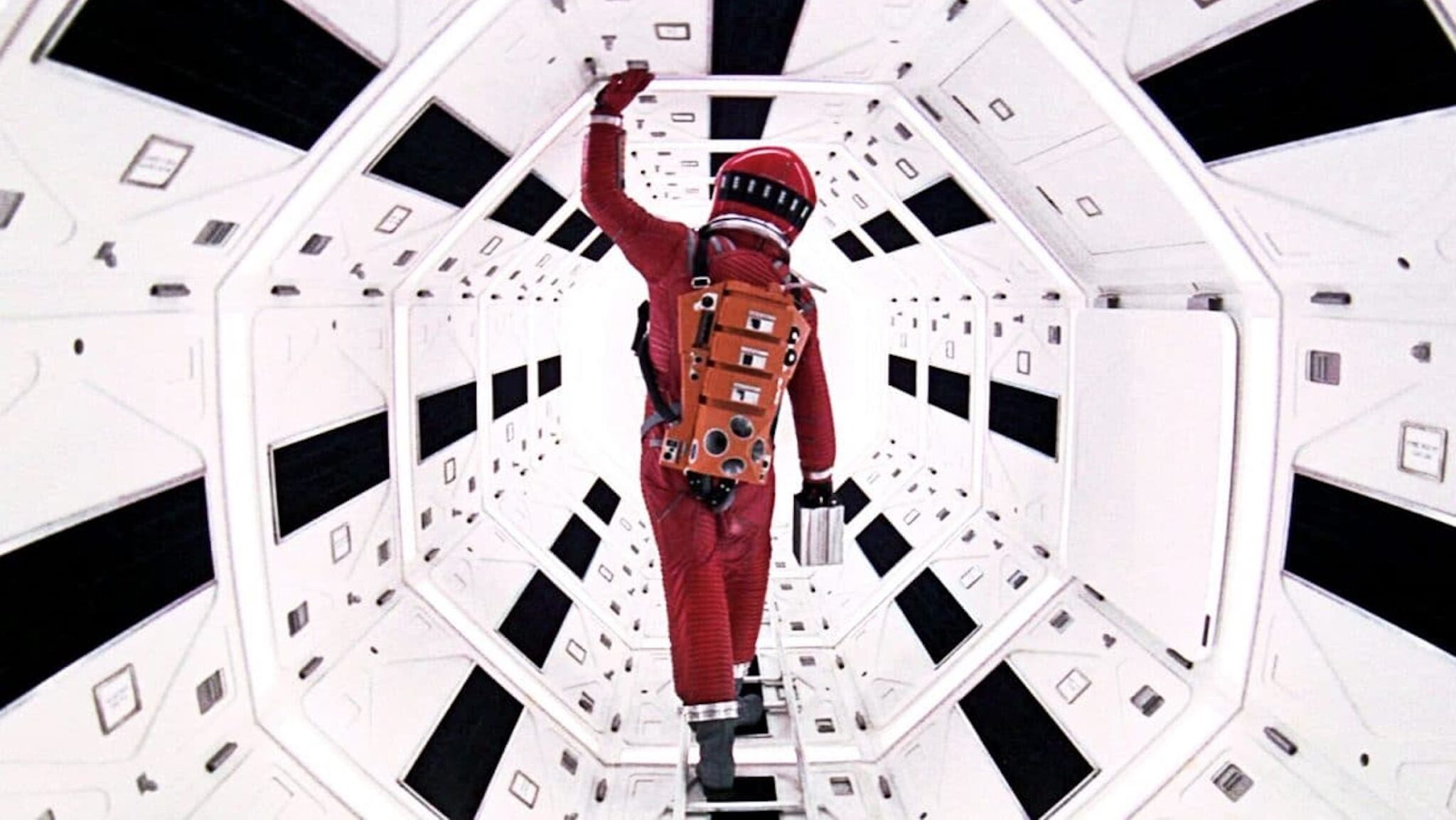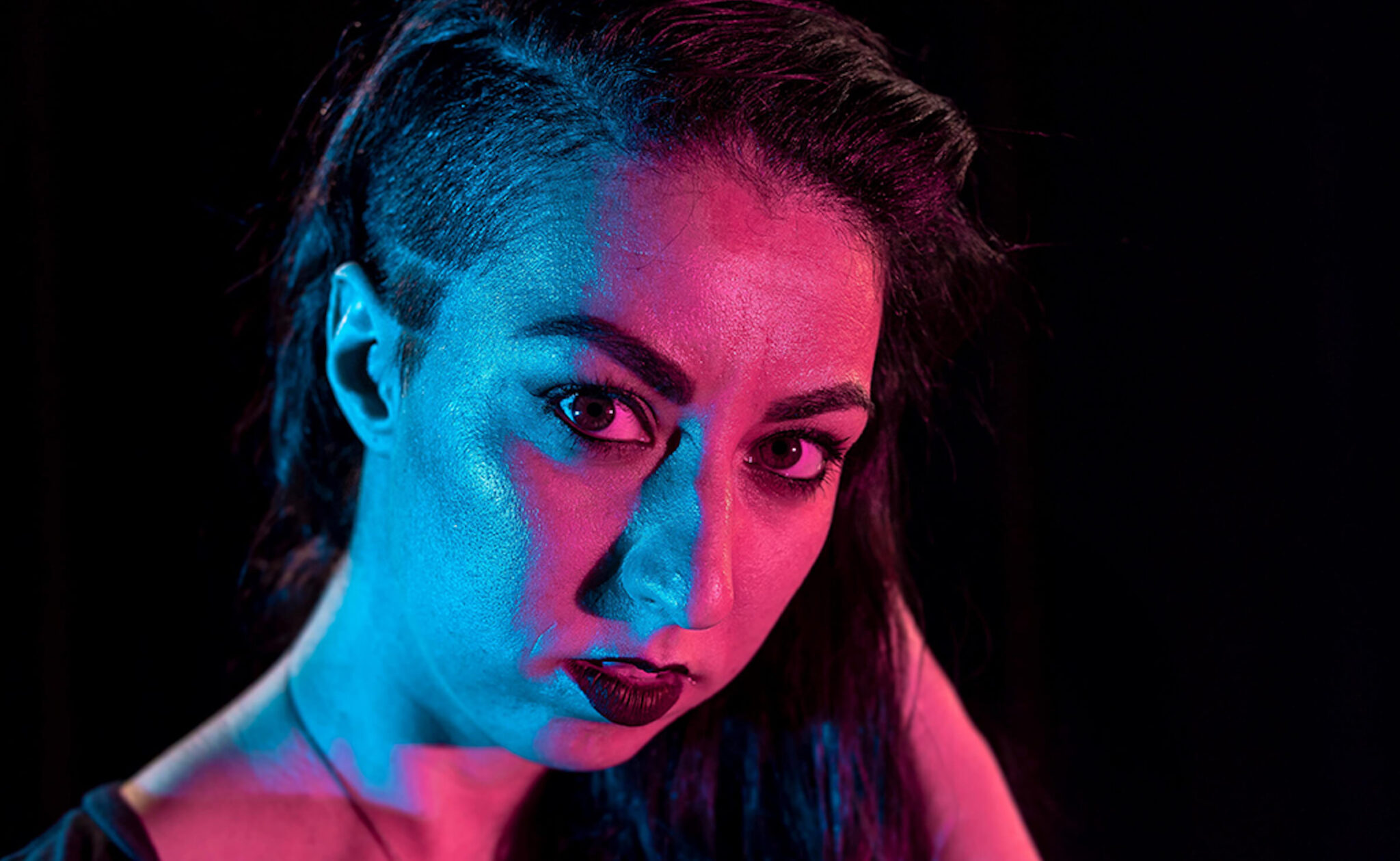5 Lessons on Writing Great Characters from the Writers Summit

You can't tell a great story without great characters.
Creating powerful characters is often more of a difficult process than most writers like to admit. The greatest characters take hard work if we want them to be truly three-dimensional. Great characters not only inspire us but are highly flawed and vulnerable. The goal is for them to change over the course of the film by facing huge obstacles the writer puts in their path. Creating a Luke Skywalker or Clarisse Starling takes self-reflection, empathy and a willingness to share their pain.
So, what makes a character great -- and how can you ensure that you're writing them? Well, the 2021 ScreenCraft Writers Summit brought together some of the most talented storytellers in the film industry to discuss writing characters. This stellar panel, "How to Create Great Characters," was moderated by Scott Myers, Professor at DePaul University School of Cinematic Arts, and took a deep dive into the tools a writer needs to create fully fleshed-out characters. Panelists included Rodney Barnes, comic book writer and creator, and TV creator of The Boondocks, Lang Fisher, writer, producer of Never Have I Ever; and the brilliant Meg LeFauve, the Oscar-nominated writer of Inside Out.
Here are the five biggest lessons from this inspirational panel.
Go Into the Lava
Meg LeFauve is famous for telling writers “go into the lava.” So what exactly does she mean? As writers, we must go toward “what will burn you up” emotionally. That thing we are most afraid of is exactly the thing your characters must explore in the deepest way possible – but it can be frightening. “Some part of your brain is afraid you’re going to die. Part of the writing process is saying you’re not going to die,” said LeFauve. She added that first drafts, or “barf drafts” as she calls them, won’t usually go deep enough into the lava, but through the process of rewriting, you can continue to go deeper and deeper.
Use Pain to Ground Comedic Characters
Lang Fisher mostly writes comedy, but a compelling character can’t simply be funny, they must be grounded in reality. Fisher says finding their pain is the key. “I primarily work in the world of comedy where things happen that are absurd. Some of my characters are real weirdos, but it’s important in comedy to ground characters.” In her show Never Have I Ever, inspired by the childhood of Mindy Kaling, the protagonist is a teenage girl whose father suddenly died of a heart attack. The loss of a parent is sad, but seen through a comedic lens it can motivate unusual behavior, especially when she starts to do some pretty outlandish things to fit in at her high school. “She has a real pain that’s driving the crazy antics she’s doing,” said Fisher.
All Characters are Driven by a Wound or Fear
If you think about it, this applies to all of us – only most of us are in denial about our wounds and fears. It’s human nature to want to cover them up, pretend everything is fine. But our characters don’t have that luxury. Over the course of a movie, something must happen to rock your protagonist out of denial that sends them on a journey to heal that wound or conquer that fear. Or, if the story is a tragedy, they don’t succeed and succumb to their fear/wound. Panel moderator Scott Myers read a quote from screenwriter Robert Towne, writer of China Town: “What is your character most afraid of?” This is a question the screenwriter must ask and then determine why their character is so afraid.
The Antagonist Needs to Believe They're the Hero in Their Own Movie
Typically, an antagonist doesn’t realize they are the “bad guy.” Often, an antagonist is motivated by good, thinking they are doing the right thing – and sometimes they are. They have their own goals and objectives. But remember that your antagonist is the shadow of your protagonist. Meg LeFauve said, “Push into [your antagonist] because they are the darkest version of your main character.” She said to ask yourself why is this antagonist going to break the protagonist open? The ordeal brought on by the antagonist is the only path to bring real, deep change to your protagonist and heal their gaping wound.
Have Empathy for Your Characters
If you judge your characters, you won’t be able to fully give them agency. They need to be free to make bad decisions and take action, especially if the decisions and actions they make are very different than the ones you would make. “Empathy is the key even for small characters,” said Lang. Barnes agreed, adding, “I always try to find myself in the characters. I try to have empathy for them.” Though it may be difficult to have empathy for a character like Hannibal Lecter, the writer will never make him fully three-dimensional and compelling without it.
Shanee is a screenwriter, journalist and author. After receiving her MFA in Screenwriting from UCLA, she was hired to adapt various stories for the screen including Apes or Angels, the true story of naturalist Charles Darwin, and Three Wishes, based on the New York Times best selfing novel by Kristen Ashley. You can listen to her interview Oscar-winning screenwriters on The Script Lab Podcast, or read her book Ada Lovelace: the Countess who Dreamed in Numbers. Follow her on Twitter: @ShaneeEdwards
Get Our Screenwriting Newsletter!
Get weekly writing inspiration delivered to your inbox - including industry news, popular articles, and more!



























